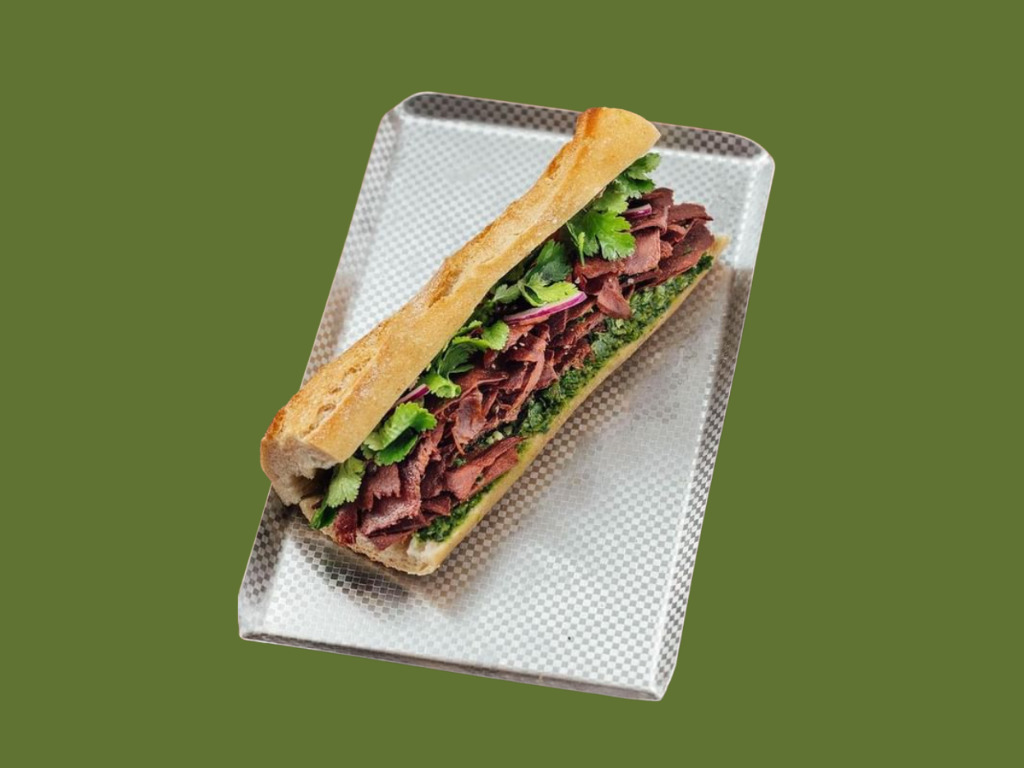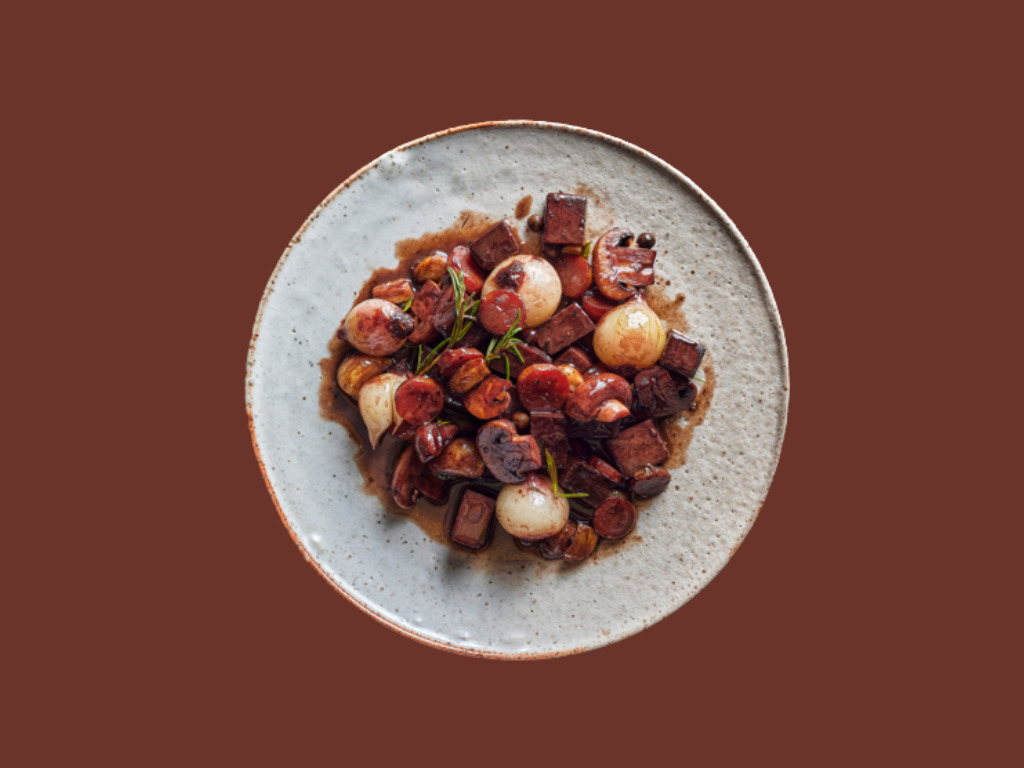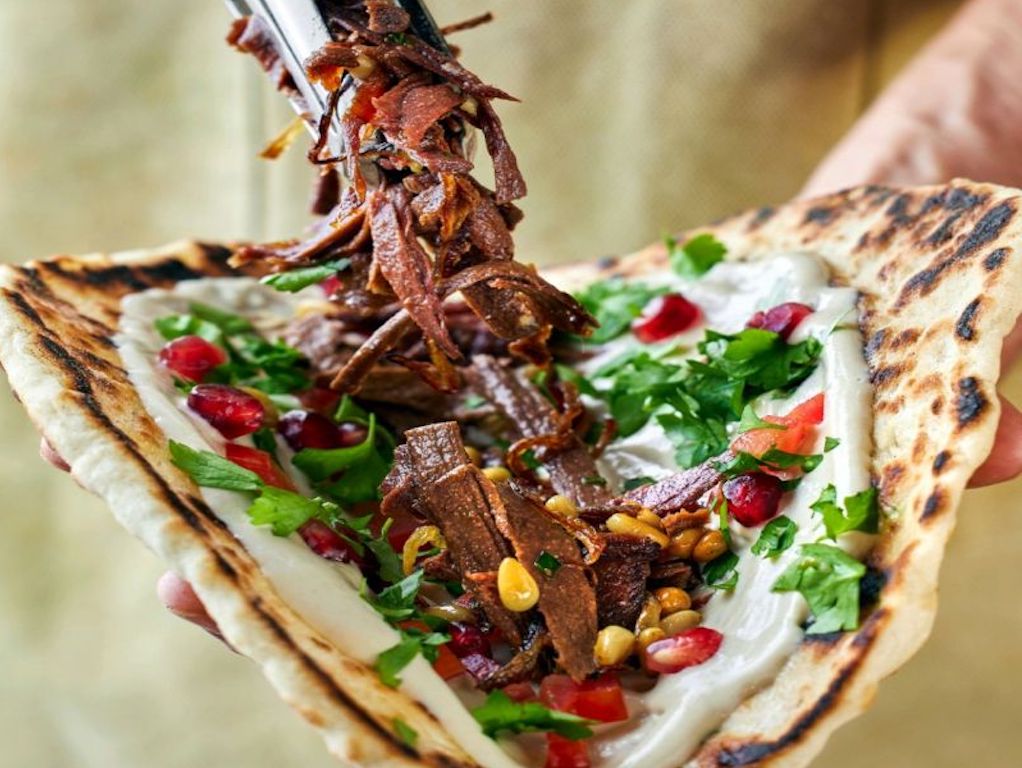Is the Future Of Plant-Based Meat Pumpkin And Sunflower Seeds? Israel’s More Foods Thinks So
3 Mins Read
Israel’s More Foods is making a bold claim. The startup, founded in 2020 by Leonardo Marcovitz, says that realistic plant-based meats can be made from seeds. Specifically, upcycled pumpkin and sunflower seed solids that are used to create “meaty” textures. The company claims that its protein effectively replicates dark animal meats.
High in fibre and protein, More Foods’ meats feature short ingredient lists, free from all major allergens. Using food production waste, the startup is targeting sustainable production methodologies alongside improved human health. Marcovitz set out to create a viable meat alternative after ditching animal protein himself.

Helping Israel wave goodbye to meat
More Foods cites recent research from Euromonitor as proof that there is an increasing market for meat alternatives. The Euromonitor findings show that more than one-fifth of people worldwide are looking to reducer eliminate their meat intake. Founder and CEO Marcovitz was one of them, having stopped eating meat six years ago. He found himself in a position to understand the needs of meat-lovers.
“A large part of what people enjoy eating comes from a sense of familiarity, which is sometimes lacking in meat alternatives,” he said in a statement. “We tap into this feeling by using superfood ingredients that everyone is very familiar and comfortable with. We bring a new experience to the plate that the original ingredients normally wouldn’t exhibit by themselves. This is all done while keeping the label very short and easy to understand while simultaneously being price competitive to maximize the number of people that can enjoy this new food experience.”
Targeting meat reducers and those looking to lessen their waste impact, More Foods markets itself as a clean label alternative to familiar plant-based meats. Its seed-based protein will be available in shreds, chunks and minute steaks.
The making of something different
More Foods claims their seed-meat development is novel and unprecedented, with most plant-based producers as relying on traditional ingredients including soy, pea protein and seitan. Instead, the startup uses discarded seed solids left over from oil production as its protein base. Using proprietary technology and with a few simple ingredients added, the waste stream is converted into a nutritious meat alternative. The meat alternative contains more than 26 percent protein and 6 percent fibre. It is reportedly low fat too.
More Foods officially launched in its home market this past Sunday and according to the company, multiple restaurants in Israel have signed on to test the products across a range of cuisines styles.

Superfood meats on the rise
More Foods joins a number of plant-based companies looking to inject superfood status into meat alternatives. In January this year, UK-based Veganly revealed that it has developed a line of plant-based deli meats, infused with superfoods. Used to increase protein levels and useful nutrients, unusual ingredients include lucuma, baobab and ayurvedic gotu. Each is claimed to offer a slew of personal health and wellness benefits.
In summer last year, Australia’s Harvest B revealed that it has concluded a $4.5 million VC and grant raise. The money was used to develop a smart ingredient system that would make superfood vegan meat from locally-grown crops.
One company looking to market its products just as a superfood and not a meat alternative is Better Nature. The company unveiled a full-scale rebrand in December last year. The move was designed to better highlight, directly on product packaging, the benefits of its star ingredient, tempeh.
Lead photo by Amir Menachem courtesy of More Foods.





